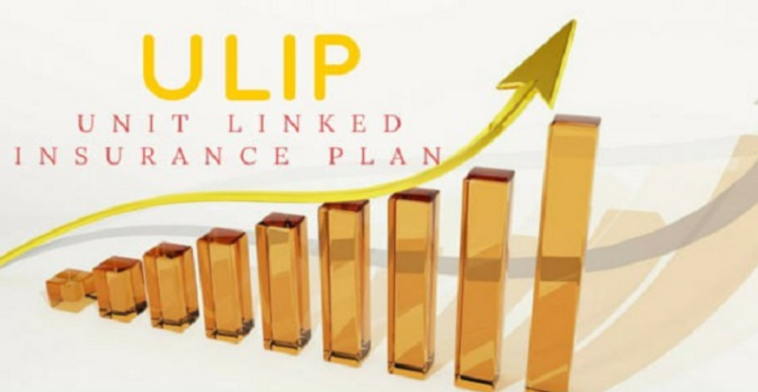How Secure Are ULIP Investments?

As more and more people are getting introduced to newer methods of investment, there has been a shift in the way people look at their insurance policies as well. Many individuals may also look for options to invest in various financial instruments when they are buying an insurance policy. Opting for a ULIP policy is an efficient way to assure the future of your loved ones and make investments that can bring in returns at once.
However, many may not be completely aware of what a ULIP policy constitutes, and may shy away from choosing a ULIP, thinking that it may not be a secure investment. In this article, we debunk this misconception and look at how secure ULIPs can be.
How does a ULIP work?
Understanding how a ULIP works is important to know whether it can be a good investment for you. When you pay your regular premium towards the ULIP policy, the insurance company divides the amount into two aspects: the life cover or the sum assured and investment towards financial instruments. The policyholder gets to choose whether the investment is being made towards equity funds, debt funds, or a combination of both. The policyholder can choose between these funds as per their risk-taking abilities. During the policy duration, one can switch from one asset class to another one, depending on their understanding of how the market is performing or will be performing.
It is important to note that regardless of what the investment made in the financial instruments yields, the sum assured of the life insurance policy is not affected. Many companies provide a ULIP plan calculator which can ease your ULIP planning process.
Let the numbers do the talking
The ULIP performance is dependent on the kind of investment made. One can invest in small-cap, mid-cap, large-cap, or even multi-cap funds.
If one is to look at the trends of the past years, then mid-cap funds seem to be preferable as they have yielded 12% returns. The returns on bond funds were 8% and those on equity ULIPs have been 4.1%. Large-cap funds yielded 9.85% returns while multi-cap funds brought in 7.05% returns.
Before you invest in a ULIP policy, you should ensure proper planning, since a ULIP is a long-term investment. A ULIP policy has a lock-in period of five years. You will not be permitted to withdraw any returns during this lock-in period. This long-term approach helps inculcate financial discipline and assures that your investment is stabilized through the market’s up and downs.
Why investing in a ULIP plan may be good for you
The future of your loved one is secured
As long as the terms and conditions of the policy are met, your nominee/s will be eligible to receive a pre-decided sum assured amount in case the unfortunate event happens. This ensures that your loved ones are prepared to deal with their financial requirements in your absence.
Your investment may yield stable returns
Since a ULIP policy has a lock-in period of a minimum of five years, the returns are usually stable, since they are not tampered with for a long time. Unlike mutual funds or other investment schemes where the investor may be tempted to withdraw the funds in case of a market low, the lock-in period helps the investor to take the long-term outlook to bring in the best ULIP performance.
You get tax benefits
The premium that you pay towards your ULIP policy is eligible for tax deductions if the terms and conditions are met. A policyholder can thus save up to Rs 1.5 lakhs on their taxes.
Remember to switch funds periodically
If you have invested a considerable portion of your premium in equity-linked instruments and you are of the opinion that the markets are not going to be performing well, then you can get your equity-linked instruments switched to debt funds. If the market is soon to be on a high, then you can make the most of it by switching your funds to market-linked instruments. A ULIP plan calculator can help you get an estimate of the returns you may get on each type of fund over a particular duration of time.
Do consult a financial expert before going ahead with any financial decision.





